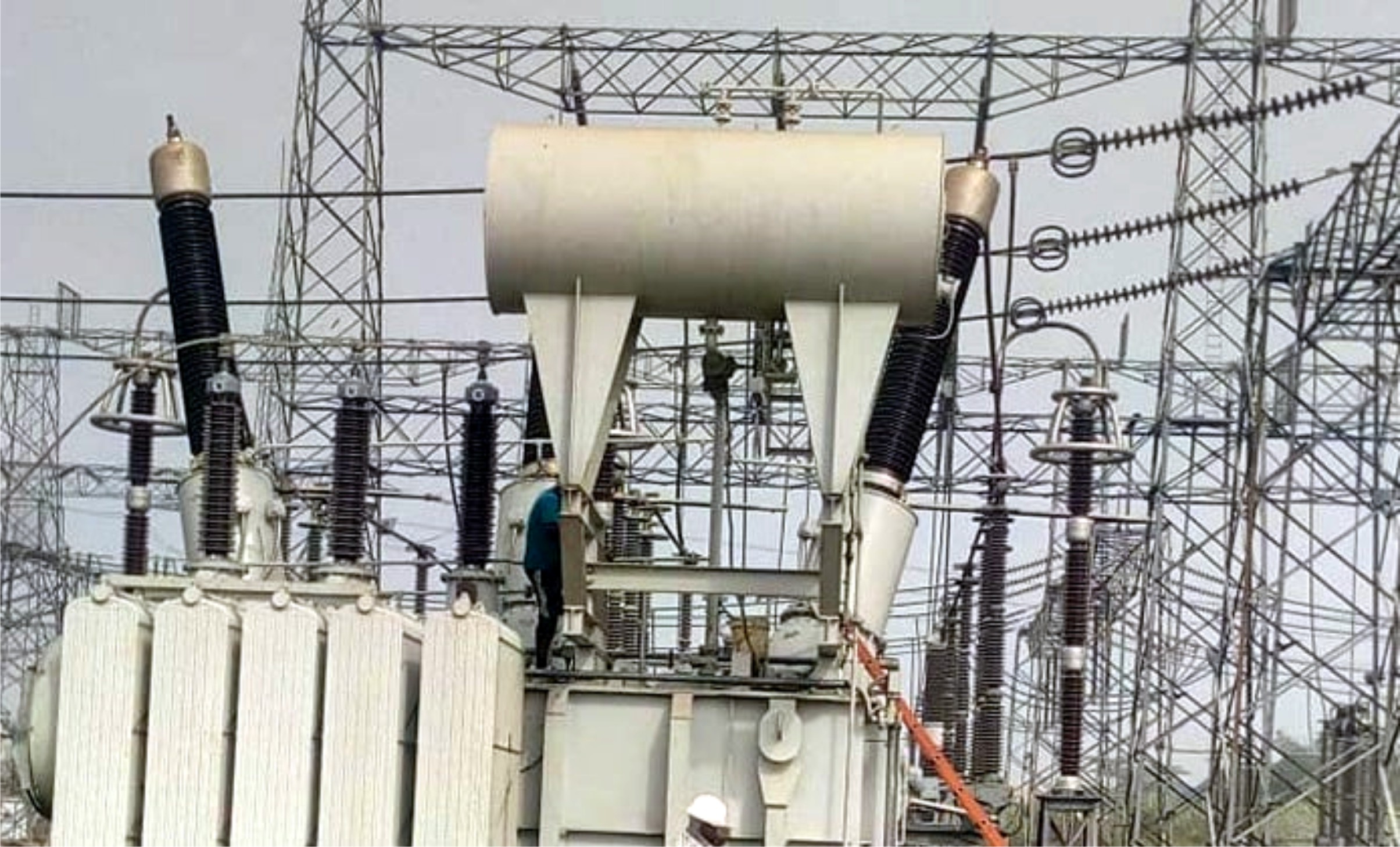Business
Power Distributors’ Revenue Collection Rises To N473bn

The revenue collected by power distribution companies in the county hit a new record high of N473bn in 2019.
The revenue collection in 2019 rose by N35bn or eight per cent, compared to that of 2018, a report obtained from the Association of Nigerian Electricity Distributors has shown.
ANED, an umbrella body for the Discos, said the energy wheeled by the Transmission Company of Nigeria only increased by one per cent, adding that the allowed end-user tariff remained at an average of N32.5 per kilowatt-hour average since 2016.
It said the energy received last year increased to 26,630 gigawatt-hours from 26,385 GWh in 2018, while the energy billed rose to 21,702 GWh (an equivalent of N695bn) from 20,852 GWh (N662bn).
The group said the Discos’ collection achieved a new record of N42.1bn in December, and the collection efficiency for the fourth quarter set a new record of 71.4 per cent.
It said, “The aggregate technical, commercial and collection loss (moving average) keeps improving and it is now at 44.6 per cent, although it is still far from Ikeja Electric’s new record (22 per cent in December 2019).
“Nevertheless, a few Discos are showing symptoms of fatigue in their ATC&C loss reductions, with a Disco deteriorating by a moving average of 4.7 points in 2019. Hopefully, this situation will revert soon and will not follow the path of Yola Electricity Distribution Company.”
On July 2015, the Federal Government took over Yola Electricity Distribution Company following the exit of the core investor after it declared a force majeure, citing insecurity in the North-East region of the country.
According to ANED, Yola Disco has not been in control of its ATC&C losses for the last three years and will probably end the year at over 70 per cent in ATC&C losses.
It said the energy to be received by the Discos continued to be flat, low and far from any of the projections by the Nigerian Electricity Regulatory Commission under the Multi-Year Tariff Order financial model.
ANED said, “In the last minor review of December to January, NERC dropped its previous projection for 2020 from 123,000 megawatt-hour per day down to 96,000 MWh/day (an almost 30 per cent downward review), which is the main reason for increasing the forecasted tariff shortfall for 2020 to N534bn (N426bn compared to 2019 June’s minor review).
“The number of registered end-users in the Nigerian electricity supply industry keeps increasing, currently at a rate of about 75,000 new customers per month (10 per cent in 2019, resulting in more than 9.5 million customers in total).”
Business
Agency Gives Insight Into Its Inspection, Monitoring Operations

Business
BVN Enrolments Rise 6% To 67.8m In 2025 — NIBSS

The Nigeria Inter-Bank Settlement System (NIBSS) has said that Bank Verification Number (BVN) enrolments rose by 6.8 per cent year-on-year to 67.8 million as at December 2025, up from 63.5 million recorded in the corresponding period of 2024.
In a statement published on its website, NIBSS attributed the growth to stronger policy enforcement by the Central Bank of Nigeria (CBN) and the expansion of diaspora enrolment initiatives.
NIBSS noted that the expansion reinforces the BVN system’s central role in Nigeria’s financial inclusion drive and digital identity framework.
Another major driver, the statement said, was the rollout of the Non-Resident Bank Verification Number (NRBVN) initiative, which allows Nigerians in the diaspora to obtain a BVN remotely without physical presence in the country.
A five-year analysis by NIBSS showed consistent growth in BVN enrolments, rising from 51.9 million in 2021 to 56.0 million in 2022, 60.1 million in 2023, 63.5 million in 2024 and 67.8 million by December 2025. The steady increase reflects stronger compliance with biometric identity requirements and improved coverage of the national banking identity system.
However, NIBSS noted that BVN enrolments still lag the total number of active bank accounts, which exceeded 320 million as of March 2025.
The gap, it explained, is largely due to multiple bank accounts linked to single BVNs, as well as customers yet to complete enrolment, despite the progress recorded.
Business
AFAN Unveils Plans To Boost Food Production In 2026
-

 News5 days ago
News5 days ago2026 Budget: FG Allocates N12.78bn For Census, NPC Vehicles
-

 Sports4 days ago
Sports4 days agoAFCON: Osimhen, Lookman Threaten Algeria’s Record
-

 Politics4 days ago
Politics4 days agoWike’s LGAs Tour Violates Electoral Laws — Sara-Igbe
-

 Politics4 days ago
Politics4 days agoRivers Political Crisis: PANDEF Urges Restraint, Mutual Forbearance
-

 Sports4 days ago
Sports4 days agoPalace ready To Sell Guehi For Right Price
-

 Sports4 days ago
Sports4 days agoArsenal must win trophies to leave legacy – Arteta
-

 Sports4 days ago
Sports4 days agoTottenham Captain Criticises Club’s Hierarchy
-

 Sports5 days ago
Sports5 days agoNPFL To Settle Feud between Remo Stars, Ikorodu City

